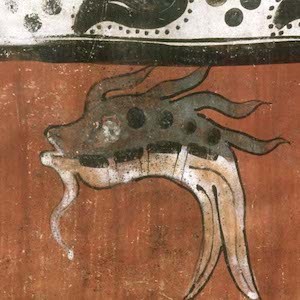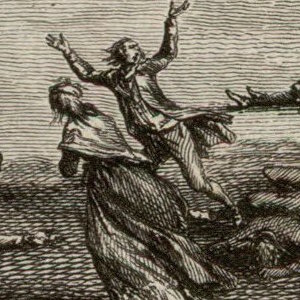War
Imperialism in North Africa: Autobiography, Leila Abouzeid
In Morocco, after 1912, the colonial regime eschewed, for the most part, introducing overt changes into Islamic personal status law.
Imperialism in North Africa: Interview, Djamila Bouhired
By the eve of the revolution, Algerian demands for even limited political and civil rights had been repeatedly rebuffed by the French colonial regime and the nearly one million European settlers in the country.
Imperialism in North Africa: Law, Code of Personal Status
In 1956 one of the most revolutionary family law codes in the Arab or Islamic world was proclaimed in the newly independent Tunisian state which, paradoxically, had not suffered a political revolution in the way that colonial Algeria would.

New York Public Library Digital Collections
The NYPL Digital Collection provides access to over 755,000 images digitized from primary sources and printed rarities, including illuminated manuscripts, vintage posters, illustrated books, and printed ephemera.
The Atlantic Slave Trade and Slave Life in the Americas: A Visual Record
The images document the history of enslavement in West and West Central Africa, the English and French Caribbean, Brazil, and the United States.
Caribbean Views
The online collection is of extraordinary quality, both in terms of the scanned images and the contextual detail provided.Holocaust Girls/Closet
This short story by fiction writer, S.L. Wisenberg, sheds light on the influence of Anne Frank on the imagination and identity of Jewish girls growing up in postwar America.

Maya Vase Database: An Archive of Rollout Photographs
The vases include scenes of palace life, mythology, warfare, and animals.The Marseillaise (War Song for the Army of the Rhine)
Composed by Joseph Rouget de Lisle when he learned that France had declared war on Austria, the Marseillaise quickly became the anthem of the republican Revolution. it remains the French national anthem today.

Fusillades at Lyon, Ordered by Collot–D’Herbois
Lyon’s rebellion against the central government in September 1793 had terrible repercussions that seemed only to worsen with the initiation of collective trials and immediate executions by firing squad.